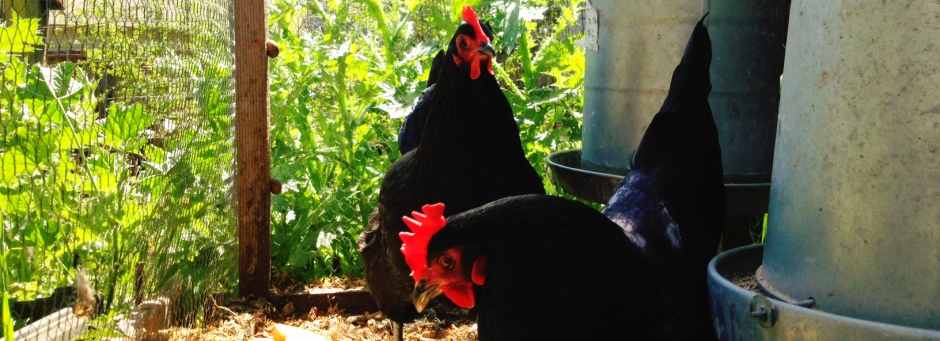March: Waste less food. Unlike the simplicity of one-time projects like the first two months, changing a habit requires ongoing effort. Our standard food system is a huge contributor to greenhouse gas emissions, especially when it comes to animal products. It’s also an easy place to make a significant difference. This is an extremely fascinating and complicated subject, but for this month I’m going to tackle another no-brainer: Waste.
“Forty. That’s the percentage of food in this country that never gets eaten, or that’s grown and never comes to market. It’s the food we distribute that never reaches a destination or sits on grocery store shelves without finding a consumer. And it’s food consumers buy but never eat. “– Douglas Gayeton, LOCAL: The New Face of Food and Farming in America
Here’s my strategy:
- Menu Planning – Not only does this make my life easier (no more 6 PM “What should we have for dinner?” melt-downs) but it also means I can make better use of what’s in my refrigerator. In planning the week’s meals I try to follow Michael Pollan’s advice: “Eat (real) food. Not too much. Mostly plants.” That means if you’re an omnivore, treat meat as a treat! Seriously, knowing your farmer and reducing your consumption can have a HUGE impact. Think quality over quantity. For a great graph on the Carbon Footprint of various foods, check out this Environmental Working Group report.
- Use What You Have – Before running out for more, use up whatever is at the bottom of the crisper drawer, make soup out of those chicken bones, and take those leftovers to WORK for lunch. “Waste not, want not,” my mother always says. For me, this takes being conscious of my decisions and sometimes delaying a trip to Green String in favor of using up the veggies I already have. The added benefit: it saves both time and money.
- No Waste – Take whatever is left and recycle it. I’m lucky to have backyard chickens that will turn most of my scraps into eggs, and a compost bin that will let the worms turn the rest into soil. But don’t forget that your curb side Green Waste bin can take all those kitchen scraps, too!
For a great video on Food Waste, check out this Short Film produced by Petaluma’s very own Lexicon of Sustainability, in conjunction with PBS.
Happy eating!
“Our dreams are big…our hopes high…our goals long-term…and the path is difficult. But the only failure is not to try.” – Jimmy Carter
Here’s the list of past entries, in case you missed them:
January: Divest from fossil fuels. Done!
February: Change home light bulbs to LED. Done!
Written and photographed by Natasha Juliana. Edited by Linda Jay. Curious about Coffee Social? Join us Tuesdays at 10 AM.


